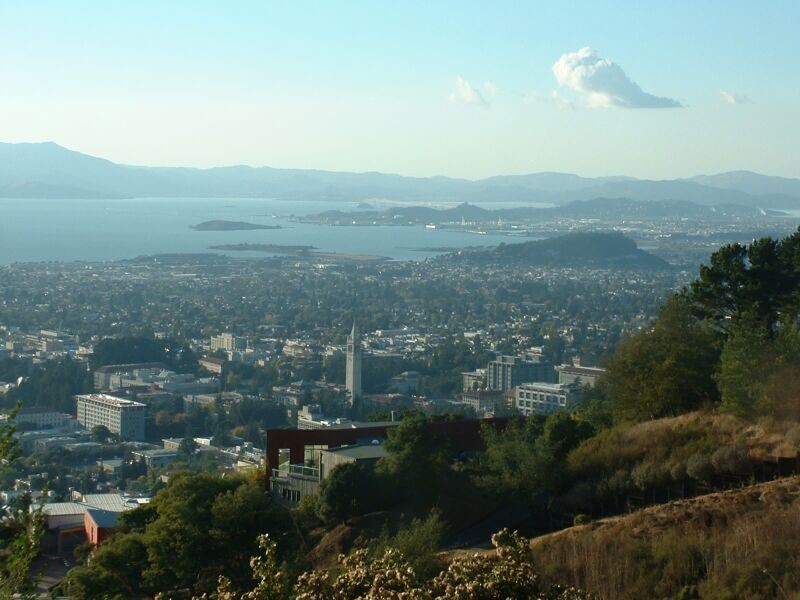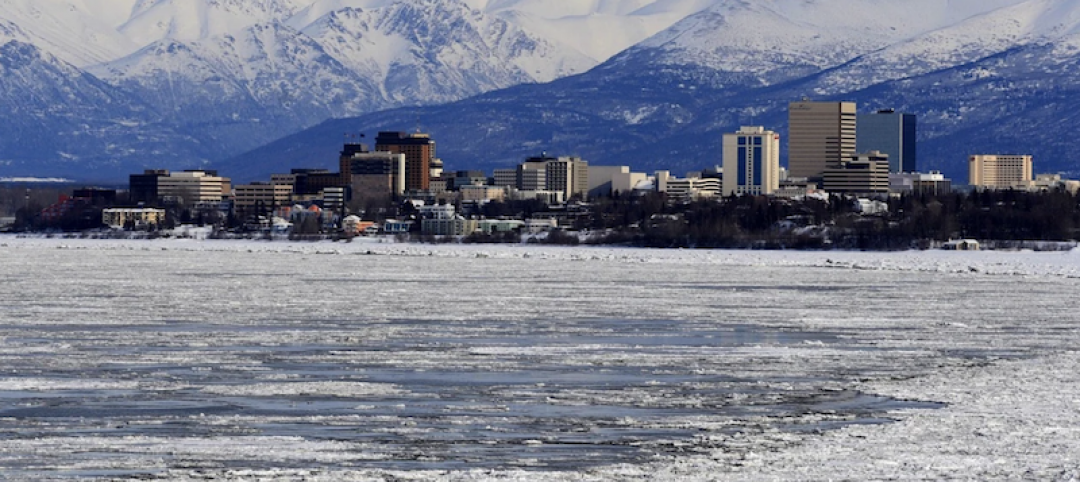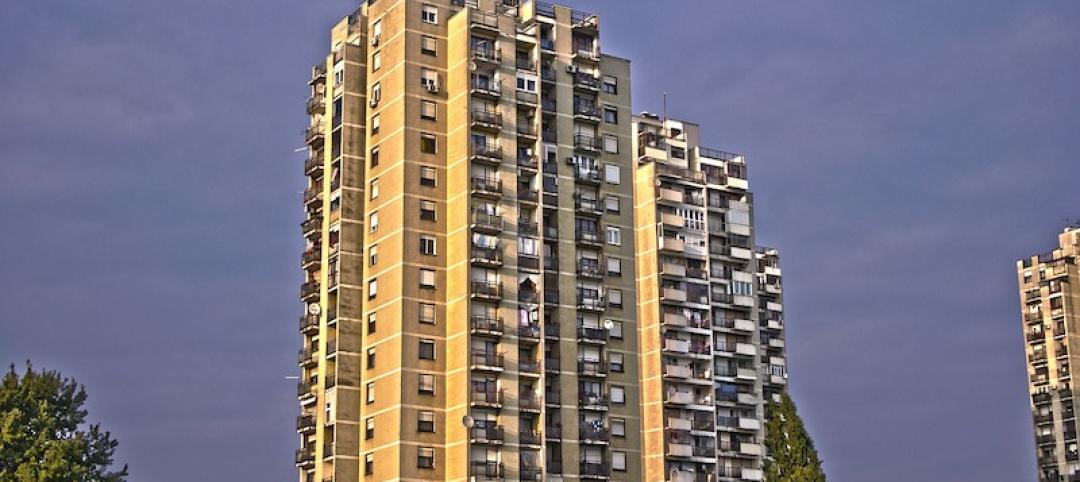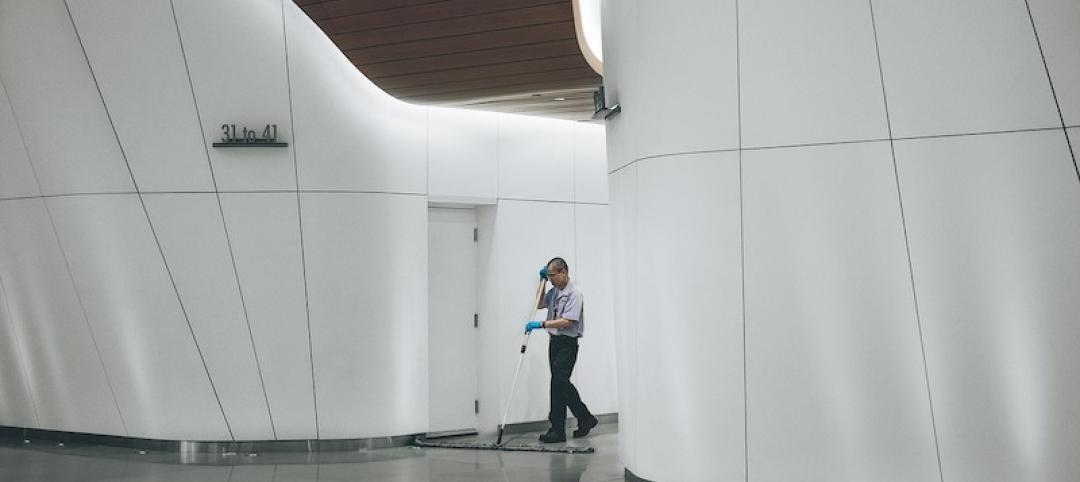Volunteers in Berkeley, Calif., are collecting signatures for the “Green Downtown & Public Commons Initiative,” a controversial measure that critics charge would halt some development in the city. The initiative has higher green standards and less flexible design guidelines—factors that developers say could stop two major projects, a proposed 180-foot high hotel and a 17-story apartment tower.
The initiative would mandate that developers planning a project taller than 60 feet use the “Green Pathways” provision of the Downtown Area Plan. This rule—currently optional—says that a developer can provide a higher level of community benefits in exchange for a fast-track approval process. Under Green Pathways, developers have to make structures LEED Platinum rather than LEED Gold; build more parking; include spaces for bicycles, electric cars and the handicapped; pay prevailing wages to construction and hotel workers; and make sure that half of a project’s construction workers are Berkeley residents.
The financial proposition for a high-rise hotel in Berkeley is fragile, according to a representative of the proposed hotel, and the new initiative would require additional setbacks and restrictions that would make it impossible to have enough rooms on each floor to make the project viable. The initiative calls for a minimum 15-foot setback, but the hotel developer says the structure must have a 10-foot setback to have enough space per floor.
City Councilman Jesse Arreguín, who supports the measure, says it is not intended to stop development, but is a way of getting developers to contribute more benefits to the downtown area.
Related Stories
Codes and Standards | Jun 23, 2020
State lawmakers encouraging transition to heat pumps for building heating
Policies aim to replace gas heaters with electric units.
Codes and Standards | Jun 22, 2020
Natl. Renewable Energy Labs, Cold Climate Research Ctr. team up on extreme weather research
Focus on renewable power, sustainable transportation, energy efficiency, and energy systems integration.
Codes and Standards | Jun 19, 2020
Demand for family rentals expected to jump over next few years
Developers’ focus on single, urban millennials leaves family market underserved.
Codes and Standards | Jun 17, 2020
AIA offers retail and office 3D models for reducing risk of COVID-19 transmission
For modifying stores and offices with 17-point architectural, engineering, and administrative framework.
Codes and Standards | Jun 17, 2020
Santa Fe is second city in the world to achieve LEED v4.1 Gold
New Mexico community gained credits for resilience planning, including public health crises.
Codes and Standards | Jun 15, 2020
NSF International’s Checked by NSF program helps businesses reopen safely
Includes third-party validation of COVID-19 preventive measures.
Codes and Standards | Jun 15, 2020
Workers want policy changes before they return to offices
More office cleaning, work from home opportunities, and staying home when sick among the desired adjustments.
Codes and Standards | Jun 12, 2020
Carbon emission legislation prompts commercial real estate to innovate
Mass timber, augmented reality, and modular construction among the trends.
Codes and Standards | Jun 11, 2020
USGBC offers new pilot credit to address green cleaning and COVID-19
Provides guidance on cleaning and disinfecting buildings using green cleaning best practices.
Codes and Standards | Jun 10, 2020
AIA issues tools for reducing risk of COVID-19 transmission in buildings
Tailored strategies offered for offices, retailers, schools, and senior living facilities.

















